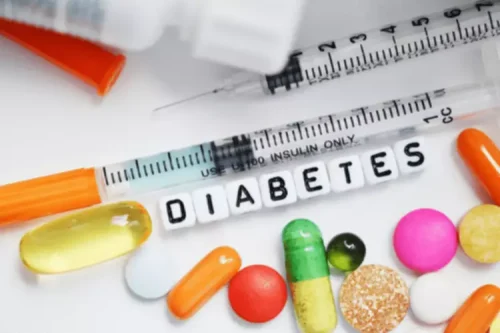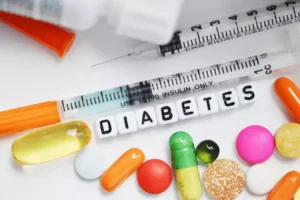
There are a whole range of symptoms, including both physical and psychological issues. DTs usually last 2-3 days, but symptoms may linger for months in severe cases. Several treatment options and interventions can help a person recover from alcohol dependence. Once a person stops using alcohol, they can often experience recovery from symptoms, though in some cases, some damage may be permanent. Alcohol misuse can lead to neurological damage that can affect multiple alcoholic tremors areas of a person’s health and well-being.

What are the symptoms?
- Other symptoms of DTs include hallucinations, agitation, high blood pressure, fever and even seizures.
- The phenomenon, which is usually present in the early stages of hepatic encephalopathy and is called asterixis, is sometimes compared to a bird flapping its wings.
- Alcoholics experience a range of symptoms including a deep craving for a drink, or sugar.
- This can disrupt the way the brain sends instructions to the muscles and nerves, causing symptoms such as tremors in the fingers or hands.
- Shaking that occurs when you go without a drink for several hours can mean you have a physical dependence on alcohol and are suffering from withdrawal.
- Our approach to treatment stands out from typical detox programs Florida centers provide.
Alcohol Use Disorder (AUD) is mainly characterized by the increased tolerance for alcohol consumption and the presence of withdrawal symptoms if someone tries to avoid alcohol intake. About 50% of those with an AUD history experience withdrawal symptoms on discontinuing alcohol intake. Alcohol withdrawal symptoms may include anxiety, headaches, vomiting, insomnia, hallucinations, seizures, fever, and high blood pressure. Alcohol tremors, also known as alcohol shakes, usually occur as a response to alcohol abstinence and start to appear as early as six hours after the last drink. Alcohol tremors are also considered an early sign of delirium tremens, a severe complication of alcohol withdrawal.

When to contact a doctor
- They typically occur when someone who regularly drinks significant quantities of alcoholic beverages stops drinking, and the effect of alcohol starts wearing off.
- Research has found that these tremors peak 10 to 30 hours after the last drink and can last for days.
- When your body receives the nutrients it needs, it feels better, and you’re less tempted to drink.
I’ve had experience with recovery since 1996 and began working in the field in early 2004. Matt supervises all the clinical staff at various levels of care, long-term & short-term residential and IOP (Intensive Outpatient), at multiple facilities. On a regular basis, Matt collaborates with Elevate’s President, CEO, COO & Clinical Director to evaluate, plan and monitor program objectives and requirements. Elvinesh’s compassion for others and love of food makes for a winning combination to take care of clients from the inside out.

Alcohol-Related Liver Disease
- Therefore, it’s important to understand your insurance coverage before beginning treatment.
- Many people with DTs also have dehydration, electrolyte imbalances or mineral deficiencies.
- When in doubt, you should always seek support from a medical professional, as alcohol withdrawal can be dangerous.
- But when a chronic drinker suddenly quits drinking, the brain continues to function as if alcohol were present.
- Tremors are caused by a problem in the areas of the brain that control the body’s muscles.
- During the period of intoxication, the neurotransmitter gamma-aminobutyric acid (GABA) is inhibited and the body begins to rely on alcohol to maintain homeostasis.
Alcohol can have significant negative effects on the central nervoussystem (CNS). Drinking alcohol can also have negative effects on the peripheral nervous system (PNS). This includes the nerves that send signals to the muscles and organs. This condition can be acute, affecting people for a short period of time before resolving, or chronic, lasting for a longer period of time. Researchers have not determined if this is caused by the effects of alcohol on the brain or is the result of thiamine deficiency. But according to the Centers for Disease Control and Prevention (CDC), drinking less or not at all may help you avoid neurological harm.
Relapse in Delirium Tremens

In the trial of more than 100 patients, a single dose of sodium oxybate significantly improved symptoms of patients with alcohol-responsive LD without causing serious side effects. The minimum efficacy of the drug was 16% voice improvement, with an average of 41% in patients with alcohol-responsive LD. Sodium oxybate showed no significant changes from placebo in LD patients whose symptoms do not improve with alcohol. You may be able to prevent relapse by getting treatment for alcohol use disorder. You can learn techniques, take medication, and get support and professional direction as you try to manage this condition.